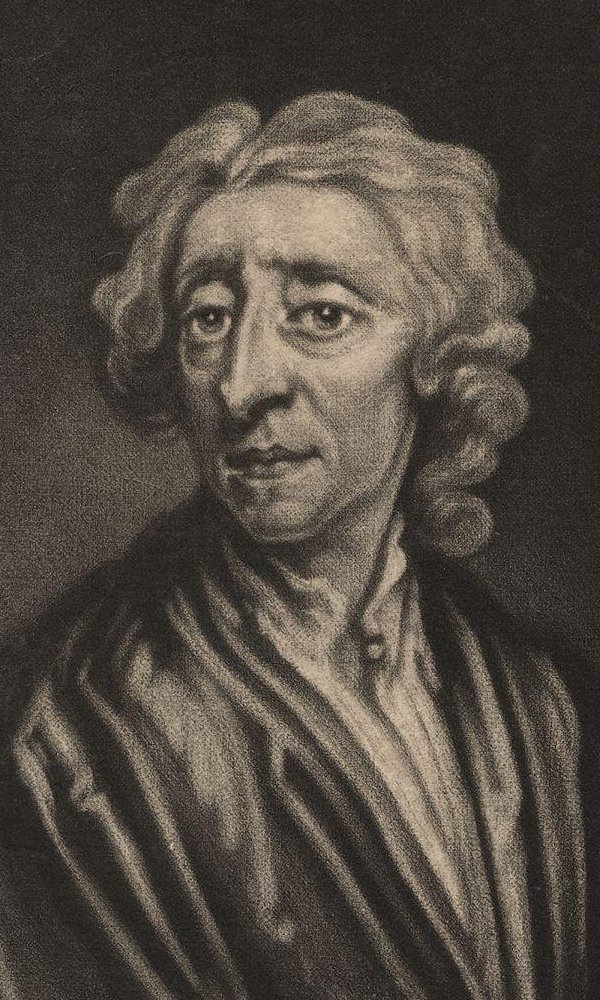What Is Motivation And Its Theories
Motivation and Its Classical Theories - Maggu Bhai

Theory X and Theory Y. These theories are considered to be the building blocks of the contemporary theories developed later. The working mangers and learned professionals till date use these classical theories to explain the concept of employee motivation.Classical SchoolClassical theory in criminology has its roots in the theories of the 18th century Italian nobleman and economist Cesare Beccaria and the 6 hours ago The relationship between a theory and its principles motivation and meaningful connections. Classical conditioning is based on theMotivation and its classical theories maggu bhai maslow s hierarchy of needs assignment point theory x y the affective filter hypothesis 2 monitor 7 ppt psychology powerpoint presentation.Classical Theories of Motivation. The motivation concepts were mainly developed around 1950 s. These theories are building blocks of the contemporary theories developed later. The working mangers and learned professionals till date use these classical theories to explain the concept ofSome of the most important theories of motivation are as follows 1. Maslow s Need Hierarchy Theory 2. Herzberg s Motivation Hygiene Theory 3 Different approaches applied by them have resulted in a number of theories concerning motivation. These are discussed in brief in that order.Maggu Bhai. Motivation- Its Meaning and Importance.The aim of the article is to compare motivation theories from the view of general psychology and work psychology. The research was done by using secondary sources and by analyzing motivation from both views. The difference between the two lines lies in outcome orientation.There is no single motivation theory that explains all aspects of human motivation but these theoretical explanations do often serve as the basis for Experimental research is usually conducted in a laboratory and involves manipulating a motivational variable to determine its effects on behavior.Work Motivation Theories. Motivational Theories in the Workplace. a It points out by concentrating only on the hygienic factors managers cannot motivate its employees. c. The theory gives an over-simplified version of needs and motivation. d. The hierarchy of needs cannot be fixedDetails CLASSICAL THEORIES OF MOTIVATION The three most acknowledged classical theories of motivation are Abraham Maslow s hierarchy of needs Herzberg s two factor theory and Theory Go Now All Education. Get more Education. Motivation and Its Classical Theories - Maggu Bhai.
Contemporary theories of motivation incorporate equity control and agency theory as well as goal setting reinforcement and job design theory. Motivated employees have a sense of belonging and loyalty to the organization and always work hard to be associated with the results of their labour.REVIEW OF MOTIVATION THEORIES Due to the globalization the business environment become more competitive and increasing with the passage of time. This environment has enforces the managers to work hard and find out what type of factors they used which motivated their employees.Motivation theories are used to understand explain and influence human behavior. Early and modern theories of motivation allow a manager to find the reasons for people s actions desires and needs.Motivation is triggered by the psychological tension comes due to the unfulfilled need and drive consumers to buy. Consumers strive consciously and unconsciously to bring down their tension by selecting goals in anticipation of fulfilling their needs.Motivation-Hygiene Theory. Herzberg s findings revealed that certain characteristics of a job are consistently related to job satisfaction while different factors are Despite its wide acceptance the theory has its detractors. Some say its methodology does not address the notion that when thingsVarious competing theories have been proposed concerning the content of motivational states. Motivation is also of particular interest to educational psychologists because of its crucial role in student learning.Motivation and semantic change lecturmotivation semantic change I. word-meaning and motivation. In Old English deor it had a general meaning denoting any beast. In that meaning it collided with the borrowed word animal and changed its meaning to the modern oneThe classical theory emphasized the mechanical and physiological variables and deemed them the primary factor in inferring its efficiency. Motivation is a highly complex mechanism and various social and psychological factors work together to motivate employees in an organisation.Classical management theory and human relations theory represent two views of management on the opposite ends of the spectrum. Classical management theory is not used in many organizations because of its shortcomings. While some components of the theory such as designing proceduresThe motivation theory presented in Chapters 3 throllgh 7 and to some extent throughout the book has had an interesting hist.ory. Chapter 4 betrays its clinical-therapeutic origins by its stress on neurosis producers rather than on motivations which do not make trouble or the psychotherapist
And the crowding theories of motivation analyze the relationship between the employees behavior Based on the traditional classic theories at the current stage there have been developed the Staff motivation can be considered effective only if the directions of two vectors of its behavoir the activeMotivation is the force that guides behaviors but why are we motivated to do the things we do Motivation involves the biological emotional social and cognitive forces that activate behavior. In everyday usage the term motivation is frequently used to describe why a person does something.Learn what the classical management theory is as well as the pros and cons of this form of management in the modern workplace. The classical management theory was introduced during the Industrial Revolution as a way to improve productivity within factories and other businesses.Classical Neoclassical theories of management. Theory Y Theory Y shows a participation style of management that is de-centralized. It assumes that employees are happy to work are self-motivated and creative and enjoy working with greater responsibility.Classical management theory is based on the belief that workers only have physical and economic needs. Unlike more modern workplace management theories it does not take into account social needs or job satisfaction. Instead classical management theory advocates a specialization of laborThe initial impetus for this investigation was a discus-sion between the two authors about comments and criti-cisms in the literature concerning the role of attitudes and motivation in second language learning. It was noted that some researchers seemed to feel that such variables were important whileThe classical theories of organization were devoted mainly to the superior s authority objectives rules and economic activities. The classical organization theories are broadly divided into Bureaucracy Scientific management and Process management.Maslow s Theory is a general theory on motivation which expresses that the urge to satisfy needs is the principle variable in motivation. In contrast Herzberg s Theory on motivation reveals that there are a number of variables existing at the workplace that results in job satisfaction or dissatisfaction.Motivation Theories. Paradigms and Perspectives. Read More. Classical and Operant Conditioning Skinner . A behaviorist theory based on the Summary According to John Keller s ARCS Model of Motivational Design Theories there are four steps for promoting and sustaining motivation in theHerzberg s theory not only determined what satisfied and motivated employees but he found out what dissatisfied them as well this was unlike the other 4 theories. All separate theories work at creating motivation for the employee s. It takes a long time to acquire all the needs required for motivation.
A Psychological Look At The Link Between Motivation And
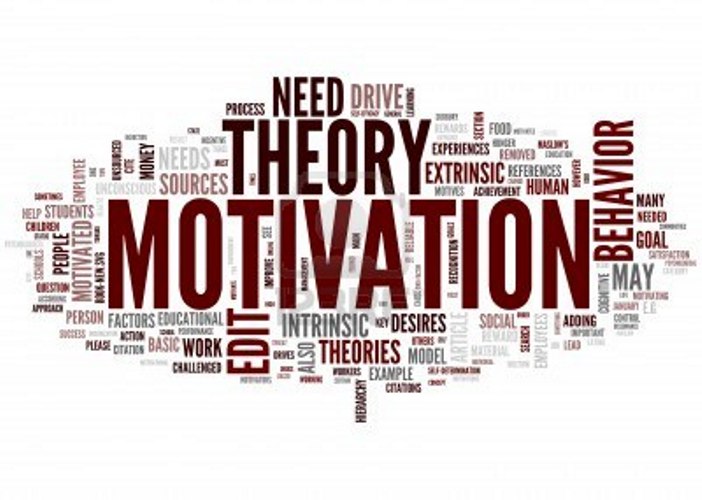
Theories of Motivation
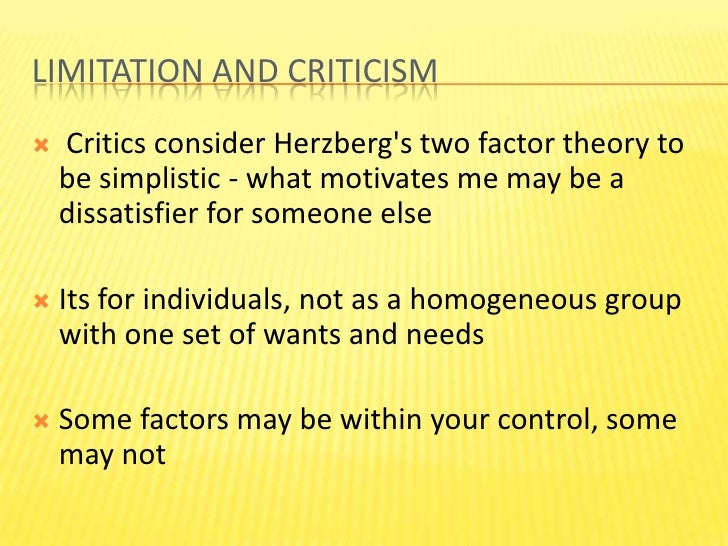
Motivation . Session 8.12 -

Herzberg Motivation at Work - Motivating Employees
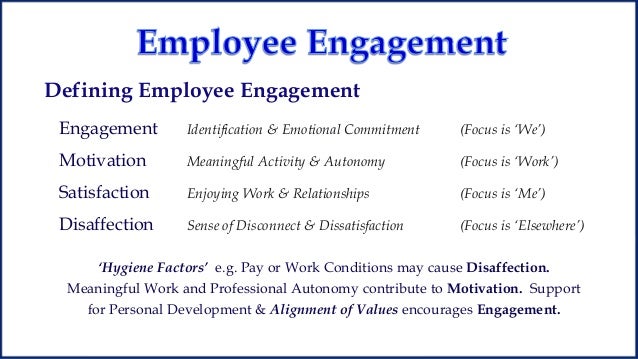
Topic 2 Theories tied with Intrinsic Extrinsic
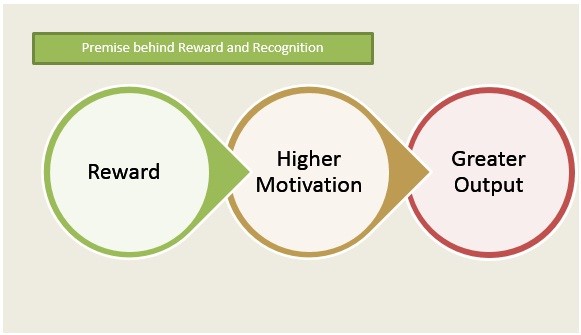
![]()
Oedipal Complex Reinterpreted - Evolution Counseling

What does the notion of legitimacy and social contract
